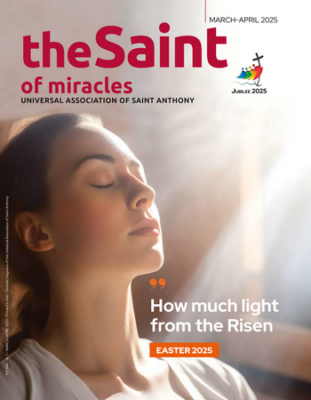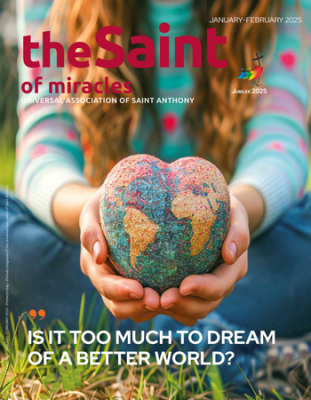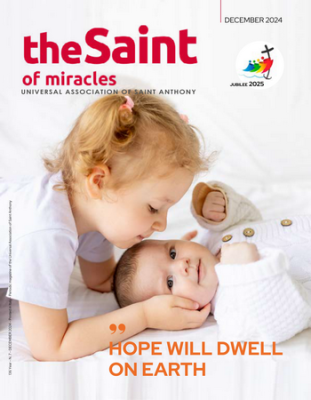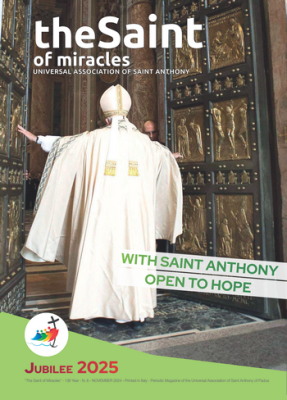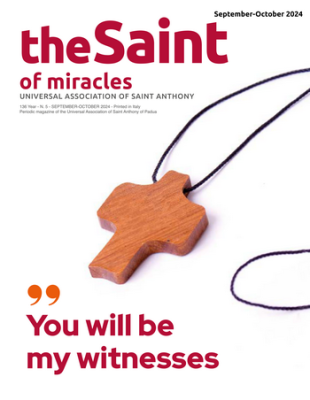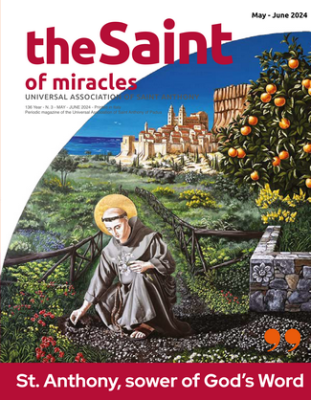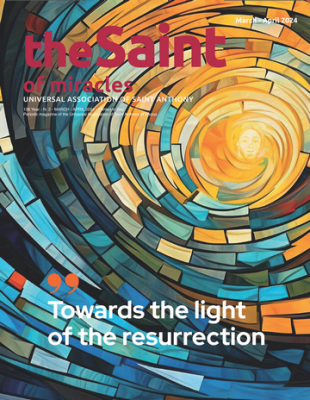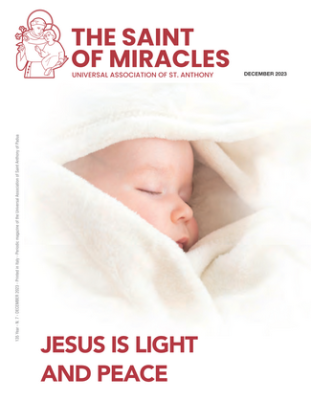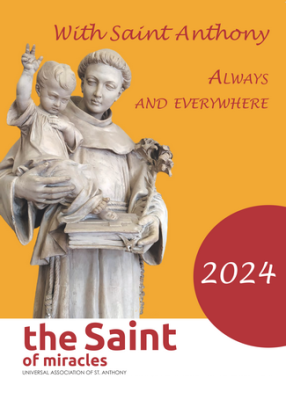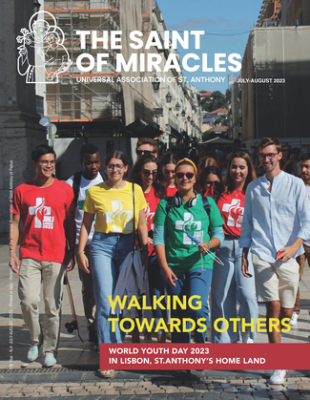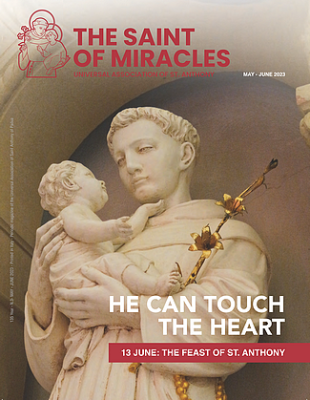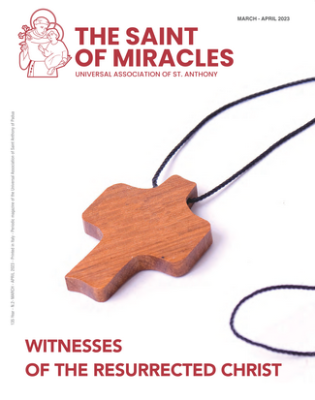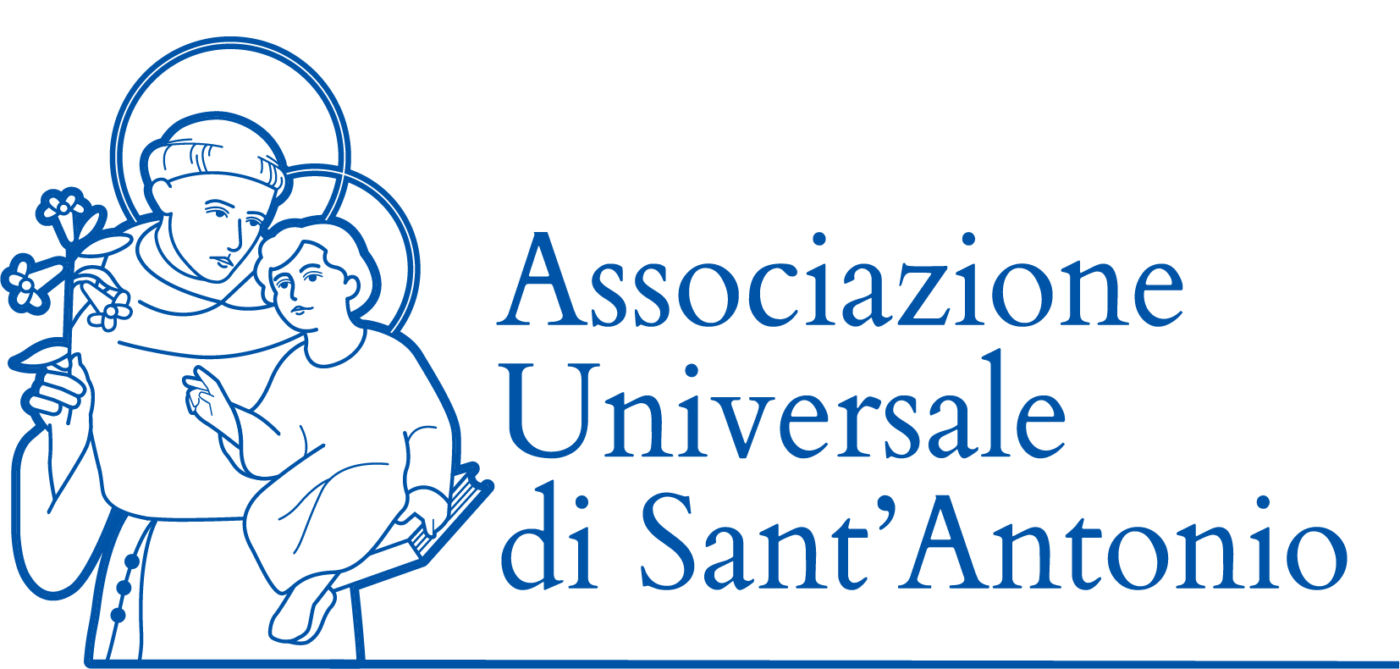Year 133 - September 2021Find out more
What does prayer really do?
Editorial Staff
In May the Pope invited the faithful to take part in the “Holy Rosary marathon” by joining the daily live broadcast of the recitation of this prayer while linked up to thirty Marian shrines around the word to ask God for an end of the pandemic. Some members of the Church felt “embarrassed” because this initiative seems to try to “convince” God to answer our prayers and to intervene for an end of the pandemic. And we ask to ourselves: Why does not God take action? Does he really need all our prayers to intervene? And what is the meaning of the Pope’s initiative and of the similar ones organised in our parishes?
F.T.
We can understand the “embarrassment” but what we lived in the Church on the last month of May is a prayer marathon to ask God to remember our physical and spiritual suffering in these dramatic moments. The intercession prayer is not addressed to God as if he is blind and deaf to what is happening in the world. In reality our prayers are the first step to open our hearts to compassion and our intelligence to relieve the pain and to commit to helping for the end of the pandemic. When the children of Israel called out against their slavery and cried out for help God called Moses as a mediator of the liberation. The daily prayer of intercession in communion with our brothers and sisters of all the world certainly creates a strong solidarity: this is the miracle of the oration with which God commits himself as we do with the others. But if someone expects an extraordinary miracle he will be disappointed. To pray is not the way to convince God to take action but it can convince us to commit to relieving the suffering of the others by making us feel that we are all part of the universe. Prayer is a medication that lightens the spirit, warms the heart and inspires to do good deads, making the impossible possible.


 Italiano
Italiano Français
Français
